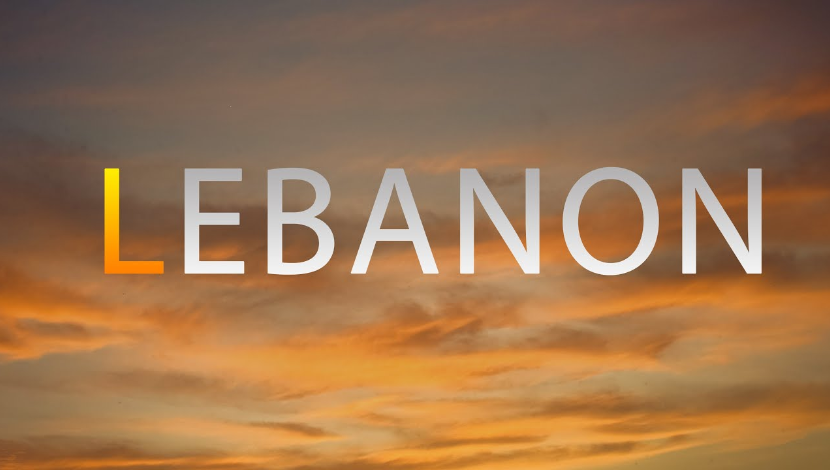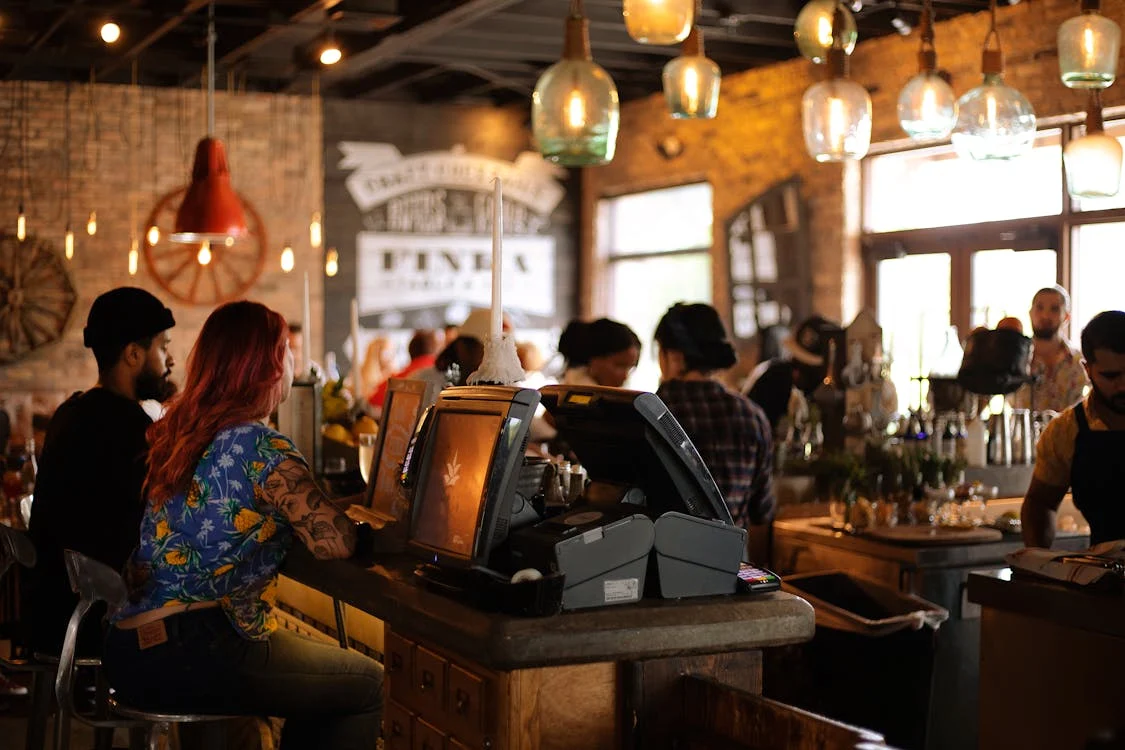Travel
Lebanon Travel Warning: What You Need to Know Before You Go

Planning a trip to Lebanon? Lebanon travel warnings have been issued due to ongoing political instability, security concerns, and civil unrest. In this article, we’ll break down what’s behind these warnings, what you need to consider before visiting, and provide some tips on how to stay safe.
Let’s get started with an overview of Lebanon’s travel advisory and dive into the key points.
Lebanon Travel Advisory Overview
The U.S. Department of State, the UK Foreign Office, and other major governments have issued Lebanon travel warnings. These warnings typically emphasize the risks involved with traveling to certain regions in Lebanon, such as those near the Syrian border and southern Lebanon due to terrorist activity, violent protests, and frequent clashes with security forces. Travel restrictions may apply, and embassies often update their advisories to reflect changes in the situation on the ground.
Why Has Lebanon Been Issued a Travel Warning?
Several factors contribute to Lebanon being classified as a high-risk travel destination:
- Civil unrest: Ongoing political protests have caused disruptions in major cities like Beirut and Tripoli.
- Security concerns: Lebanon has faced terrorist threats, especially from groups like Hezbollah and ISIS.
- Political instability: Internal political conflicts, combined with regional tensions, make it unpredictable for travelers.
Key Risks Associated with Traveling to Lebanon
1. Civil Unrest and Protests
Lebanon has been embroiled in anti-government protests since 2019, a response to widespread corruption, economic hardship, and political gridlock. Demonstrations often turn violent, with clashes between protestors and security forces becoming common.
Real-Life Example:
In late 2020, protests in Beirut escalated when demonstrators set fire to government buildings, leading to the deployment of riot police. Many travelers found themselves caught up in the unrest, leading to embassy evacuations.
2. Terrorist Activity
Terrorist groups have been active along Lebanon’s borders, particularly near Syria. The Beqaa Valley and southern regions, especially near Israel, are considered hotspots for terrorist threats.
Example:
A major incident in 2013 saw the bombing of the Iranian Embassy in Beirut, linked to the Syrian conflict. This is a reminder of the dangers posed by terrorism in Lebanon.
3. Border Security Issues
The border regions, especially with Syria and Israel, remain contentious. There have been reports of armed clashes and cross-border violence that make these areas particularly dangerous for travelers.
Areas to Avoid in Lebanon
Some areas are more dangerous than others, and it’s important to be aware of regions where safety concerns are highest:
| Region | Risk Level | Key Concerns |
|---|---|---|
| Beqaa Valley | High | Terrorist threats, proximity to Syria |
| Southern Lebanon | High | Border violence, Hezbollah activity |
| Northern Lebanon | Moderate to High | Civil unrest and protest hotspots |
| Beirut suburbs | Moderate | Crime, political protests |
While many parts of Beirut and tourist hotspots like Byblos and Tyre are considered relatively safe, always stay updated on Lebanon travel safety tips.
Travel Safety Tips for Lebanon
Travel safety in Lebanon depends largely on preparation and understanding the current climate. Here are some essential tips to ensure your trip goes smoothly:
1. Stay Informed
- Always check the latest Lebanon travel alerts before booking your trip. Governments regularly update these based on the evolving situation.
- Sign up for updates from your embassy and register your trip so you can receive real-time alerts.
2. Avoid Demonstration Areas
- Steer clear of major protest areas, especially in Beirut and Tripoli. If you encounter a protest, leave immediately and avoid confrontation with security forces.
3. Stick to Safe Regions
- Stick to areas that are frequently visited by tourists and known for their low-risk status, such as Jounieh or the historic Byblos.
4. Know the Embassy Locations
- Keep the location of your country’s embassy on hand in case of an emergency evacuation or assistance request.
5. Check Travel Insurance Coverage
- Make sure your travel insurance covers Lebanon, especially for civil unrest, terrorism, and medical emergencies. Many insurance policies exclude coverage for high-risk destinations.
Real-Life Examples of Security Concerns in Lebanon
Lebanon’s security landscape is complex, and travelers must take precautions. Below are some examples of real incidents that highlight the risks involved:
- 2019 Beirut Protests: Anti-government protests broke out, with thousands blocking roads and airports. Many tourists were stranded as airlines canceled flights.
- 2021 Southern Lebanon Conflict: Rising tensions between Hezbollah and Israel led to rocket exchanges, causing the closure of several border crossing points and heightening border security risks.
What You Should Do If You’re Already in Lebanon
If you’re already in Lebanon or have plans to go despite the travel warnings, here are some additional steps to take:
- Stay Vigilant: Be constantly aware of your surroundings, particularly in crowded or sensitive areas.
- Monitor Local Media: Keep track of local news outlets to stay updated on any civil unrest or escalating conflicts.
- Emergency Kit: Prepare a small emergency kit with essentials like bottled water, snacks, and a first-aid kit in case you’re caught in an area with disruptions.
Balanced Opinion on Lebanon Travel
While the Lebanon travel advisory suggests caution, it doesn’t mean Lebanon is entirely off-limits. There are still safe zones within the country where tourism continues relatively unaffected. For example, the coastal cities of Byblos and Jounieh offer a glimpse into Lebanon’s rich history and culture. However, it is important to remain cautious and always stay updated on the latest safety information.
Pros of Visiting Lebanon Despite Warnings:
- Cultural richness: Lebanon offers ancient ruins, world-class cuisine, and vibrant nightlife in safer areas.
- Tourist-friendly zones: Certain parts of Beirut and coastal cities remain largely unaffected by unrest.
Cons of Traveling to Lebanon:
- The unpredictable security situation means plans can change at a moment’s notice.
- Terrorist threats and violent protests can flare up quickly, catching travelers off guard.
Lebanon Travel Safety FAQ
Q: Is it safe to travel to Lebanon right now? A: It depends on the region. Many governments have issued Lebanon travel restrictions for specific areas, particularly near the borders with Syria and Israel.
Q: What areas should be avoided in Lebanon? A: Avoid the Beqaa Valley, southern Lebanon, and certain suburbs of Beirut due to terrorist threats and civil unrest.
Q: Is Beirut safe for tourists? A: While central Beirut remains relatively safe, protests can occur, so it’s essential to stay informed.
Conclusion: Should You Travel to Lebanon?
Lebanon is a country of contrasts, offering both beauty and complexity. The Lebanon travel warning is not to be taken lightly, but for those who decide to visit, understanding the risks and taking appropriate safety measures can help ensure a safe trip. Always check the latest advisories, and if in doubt, consider postponing your visit until the situation stabilizes.
-

 Sport10 months ago
Sport10 months agoIs Christie Sides Married? Exploring the Personal Life of a Renowned Basketball Coach
-

 Food10 months ago
Food10 months agoNew Restaurants in Canton, CT – 2025
-

 Blog10 months ago
Blog10 months agoUnleash Your Potential at FBYANA Fitness Indonesia Gym
-

 Games10 months ago
Games10 months agoHow to Get Candies in Pokerogue: A Complete Guide
-

 Games10 months ago
Games10 months agoHow to Get Spoonful in Slap Battles: A Complete Guide
-

 Blog10 months ago
Blog10 months agoSimone Biles Biological Parents: Understanding Her Journey
-

 Health9 months ago
Health9 months agoThe Ultimate Guide to Goblet Squats
-

 Entertainment10 months ago
Entertainment10 months agoIs Taylor Swift Pregnant? Exploring Viral Rumor About ‘Baby Bump’ Video





















